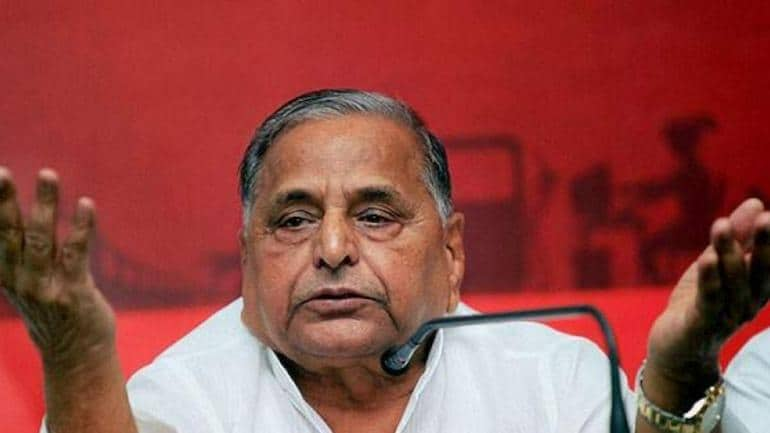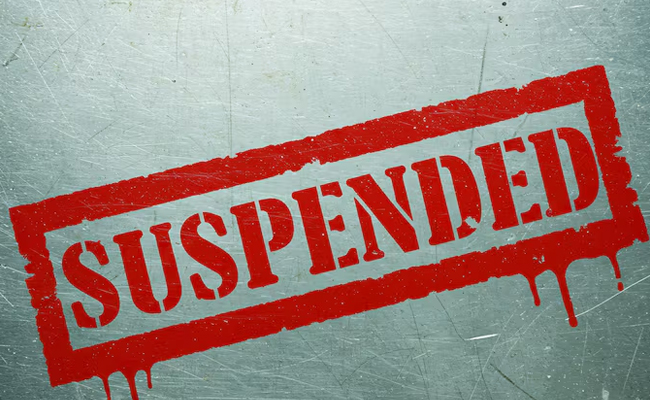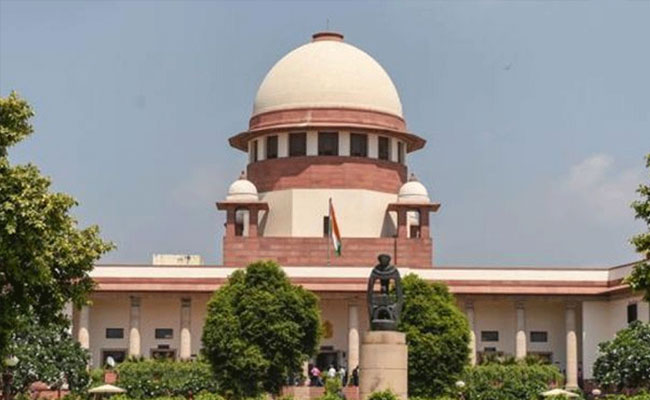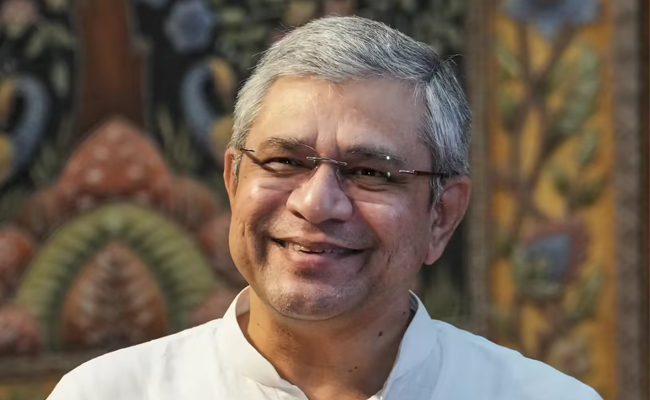Lucknow/Gurugram (PTI): Samajwadi Party founder Mulayam Singh Yadav continues to be in the Intensive Care Unit of Medanta Hospital in Gurugram and his condition remains critical, the hospital said.
He is being administered life-saving drugs, it added in a bulletin.
"Mulayam Singh ji is still critical and on life saving drugs, he is being treated in the ICU Medanta hospital, Gurugram, by a comprehensive team of specialists," the hospital said in a health bulletin tweeted by the Samajwadi Party's (SP) official handle.
Yadav, 82, was admitted to the hospital on Sunday.
The SP patron has been under treatment at Medanta since August 22. He had also been admitted to the facility in July, sources said. Haryana Chief Minister Manohar Lal Khattar visited the hospital on Wednesday.
When reporters asked him about the health condition of the former defence minister, he said, "There is some improvement. But we cannot say that he is out of the 'risk zone'. We will know more in a day or two," he said.
Khattar said he also met Mulayam Singh Yadav's son and former Uttar Pradesh chief minister Akhilesh Yadav at the hospital.
Let the Truth be known. If you read VB and like VB, please be a VB Supporter and Help us deliver the Truth to one and all.
Thiruvananthapuram (PTI): Four officials of the Fort Police Station here have been suspended in connection with an alleged custodial torture incident, police said on Friday.
The suspended personnel are Grade Sub-Inspector Sreekumar and Civil Police Officers Siju, Sunil and Gireesh.
Last week, Fort Police registered a case after a motorcycle was allegedly found stolen near a hotel here.
During the investigation, police identified two Kottayam natives, Jinu and Unni, as suspects.
Jinu was later taken into custody from Kochi, which led to the apprehension of Unni and a minor boy, officials said.
After initial interrogation, the minor was released.
However, family members of Jinu and Unni alleged that they were brutally assaulted while in custody.
After being remanded in judicial custody, Jinu’s condition reportedly worsened.
He was shifted to Thiruvananthapuram General Hospital and later referred to the Government Medical College Hospital, officials said.
Police officials said Jinu suffered serious kidney dysfunction and remains in critical condition.
Unni was also admitted to the hospital with injuries, officials added.
Following allegations of custodial torture, Thiruvananthapuram City Police Commissioner K Karthick ordered an inquiry by an Assistant Commissioner to ascertain whether custodial assault had taken place.
Police said the inquiry found that custodial assault had occurred and that arrest procedures were not properly followed.
Based on the report, the City Police Commissioner ordered the suspension of the four officers and initiated a departmental probe against them, police said.





